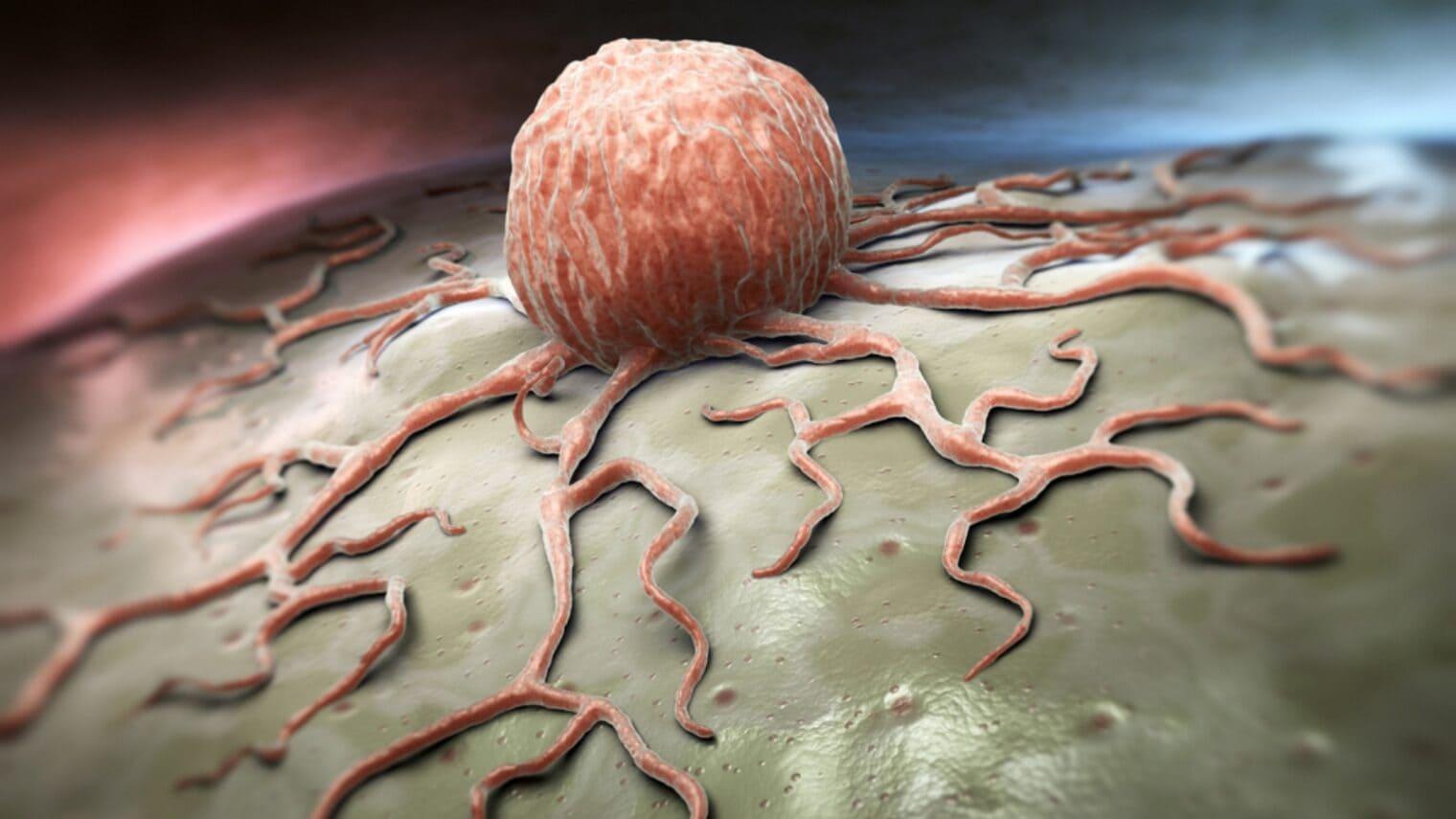KEY TAKEAWAYS
- The phase III trial aimed to investigate the association between pre-treatment circulating immune biomarkers and survival in stage III NSCLC using samples from the NRG-RTOG 0617 trial.
- The markers correlated through OS and PFS, considering potential confounding variables.
- The study found that elevated pre-treatment IL-6 levels predict worse survival in stage III NSCLC treated with chemoradiotherapy, while IL-10 warrants further investigation for its potential role in RT dose response.
The presence of specific immunological biomarkers in the blood before treatment may predict how well patients(pts) with non-small cell lung cancer (NSCLC) respond to therapy. Researchers aimed to determine the association between pre-treatment circulating immune biomarkers and survival in stage III NSCLC using samples from the NRG-RTOG 0617 trial.
Consenting pts in the trial provided plasma samples stored for future translational research. The study analyzed pre-treatment levels of cytokines with established prognostic implications, specifically focusing on individuals who received a potentially curative radiotherapy(RT) dose (>50 Gy).
The assessed markers included the kynurenine-to-tryptophan (K/T) ratio, interleukin(IL)-6, IL-10, and IL-15. ILs were measured using SimplePlexTM cartridges on an automated ELISA platform (EllaTM) with 25µL plasma aliquots. Quantification of kynurenine and tryptophan was conducted via liquid chromatography-tandem mass spectrometry (LC-MS), following a well-established method.
Each marker, dichotomized by its median value, was subsequently correlated with overall survival (OS) and progression-free survival (PFS). A comprehensive analysis of potential confounding variables was conducted, particularly concerning the RT dose determined by the intent-to-treat assignment.
Of the study population, 328 cases (66%) were evaluable, with 59% in the 60 Gy arm and 41% in the 74 Gy arm. The potential median follow-up was 5.7 years, and the 3-year actuarial OS was 39% (95% CI 34-44%). Confirming earlier reports, the high-dose radiotherapy (RT) group exhibited significantly worse outcomes than the standard RT group.
Notably, IL-6 was identified as a prognostic factor for survival, with a 3-year survival rate of 44% in the low-IL-6 group compared to 34% in the high-IL-6 group (HR=1.29, P=0.047). In the overall population, IL-10 did not show prognostic significance for OS, although there was a trend in the 60 Gy subgroup (HR=1.36, P=0.075). There was a suggestion of IL-10 as a predictive marker (interaction P=0.055); the low-IL-10 subgroup exhibited much worse OS with 74 Gy (HR=1.62; P=0.0087), while the high-IL-10 subgroup showed no evidence of worse outcomes with 74 Gy (HR=0.96; P=0.82). Neither IL-15 nor the K/T ratio were associated with outcomes in the overall group or any subgroups. Results for PFS were consistent with OS findings.
The study found that elevated pre-treatment IL-6 levels predict worse survival in stage III NSCLC treated with chemoradiotherapy, while IL-10 warrants further investigation for its potential role in RT dose response.
Source: https://cattendee.abstractsonline.com/meeting/10925/presentation/937
Clinical Trial: https://clinicaltrials.gov/study/NCT00533949
Machtay M, Hu C, Schell TD, Bradley JD, Perdew GH, Lu B, Beidler L, Dong F, Jordan RC, DeVries S, Werner Wasik M, Garces YI, Narayan S, Robinson CG, Rothman JM, Raben A, Kavadi VS, Gore EM, Wu T, Kong F-M. Association Between Pre-Treatment Circulating Immune Biomarkers And Survival In Stage III NSCLC: A Translational Analysis From NRG-RTOG 0617. Presented at: World Conference on Lung Cancer; September 11, 2023; 4:07 PM-4:17 PM.



